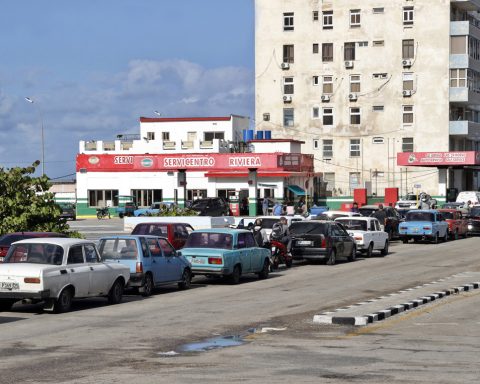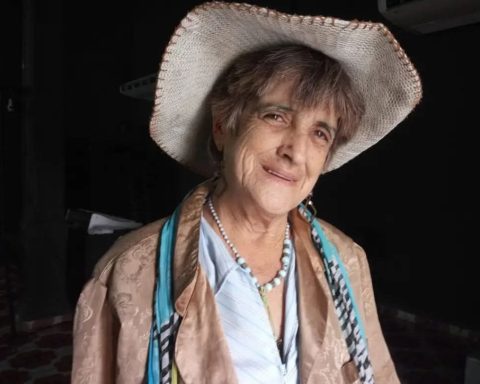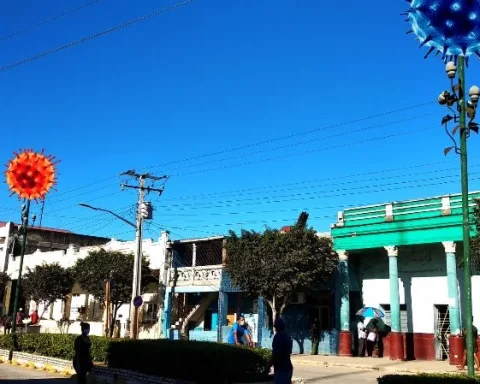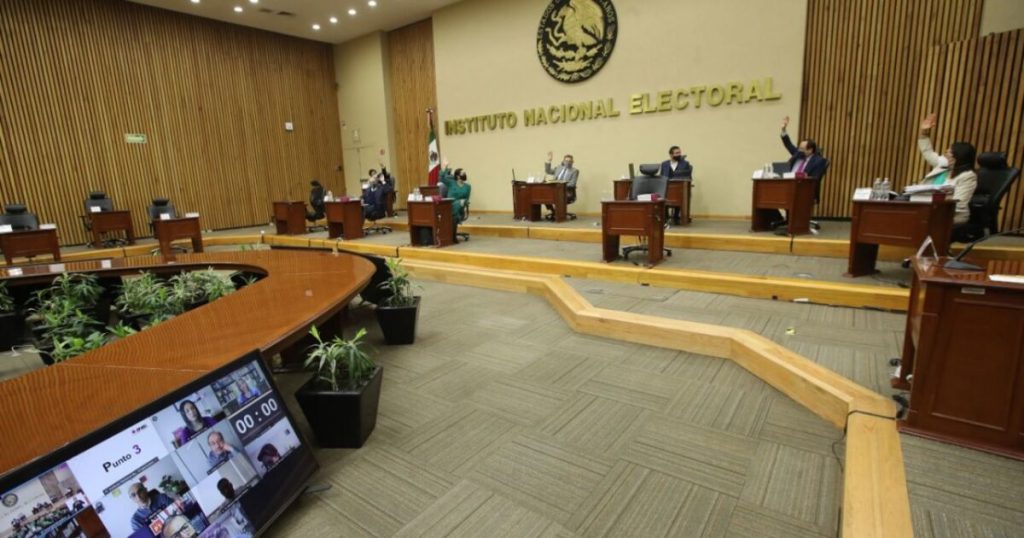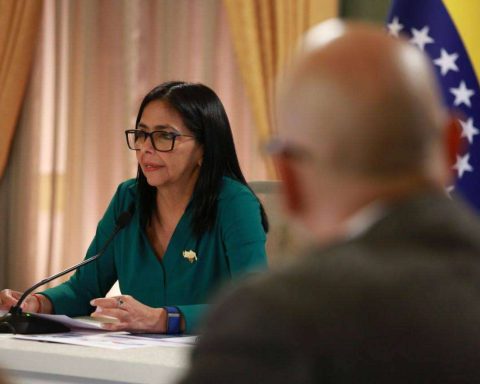SAN LUIS POTOSÍ, Mexico.- The Cuban regime has promoted a Master’s degree in Tourism Management for workers in Cayo Cruz, in Jardines del Rey, when that economic sector is in decline; the postgraduate program is affiliated with the Center for Multidisciplinary Tourism Studies (CEMTUR), of the University of Camagüey.
According to the press According to the official, the next edition of the Master’s in Tourism Management (the ninth) is offered to professionals who work in the three main entities in that area hotelier: the Gaviota group, the real estate company and Construction Company for Tourism Works.
Geiser Perera, a senior specialist at CEMTUR, highlighted that the professors include teachers from the University of the Balearic Islands and others from Malaga, and that 92% have the academic category of doctor.
“It is a master’s degree of excellence, which allows the content to be adapted to the client’s needs,” Perera stressed.
In addition, he explained that the technical advisory board for the delegation of the Ministry of Tourism and the Territorial Program of Technology and Innovation for the province has already been created.
The regime continues to focus on tourism, even though the number of international visitors continues to decline.
The proposal also comes amid a crisis in the island’s education system, with a shortage of teachers and crumbling schools.
Cayo Cruz is one of the tourist destinations promoted by the regime, where they have planned a major growth plan. By 2023, the construction of approximately 25,000 rooms is planned, distributed between the key itself and the neighboring Mégano Grande, Guajaba and Sabinal.
However, tourism is still not reaching pre-pandemic levels. This week, the Cuban government revised and lowered by 16% its estimate of tourist arrivals to the island in 2024, which marks a decrease of half a million (the statistic dropped from 3.2 million tourists to 2.7 million), according to data from the National Office of Statistics and Information (ONEI) (state).
Cuba received a total of 1,680,485 visitors during the first half of 2024, according to official figures from ONEI. Although this number represents an increase of 101.1% compared to the previous year, it barely reflects an increase of 0.9% compared to the same period in 2023.
Despite expectations of recovery, the Island is still far from reaching the figures of 2019, when more than 4 million tourists arrived on the Island. In contrast, tourist destinations such as Punta Cana (Dominican Republic) and Cancun (Mexico) have managed to exceed their pre-pandemic levels.

